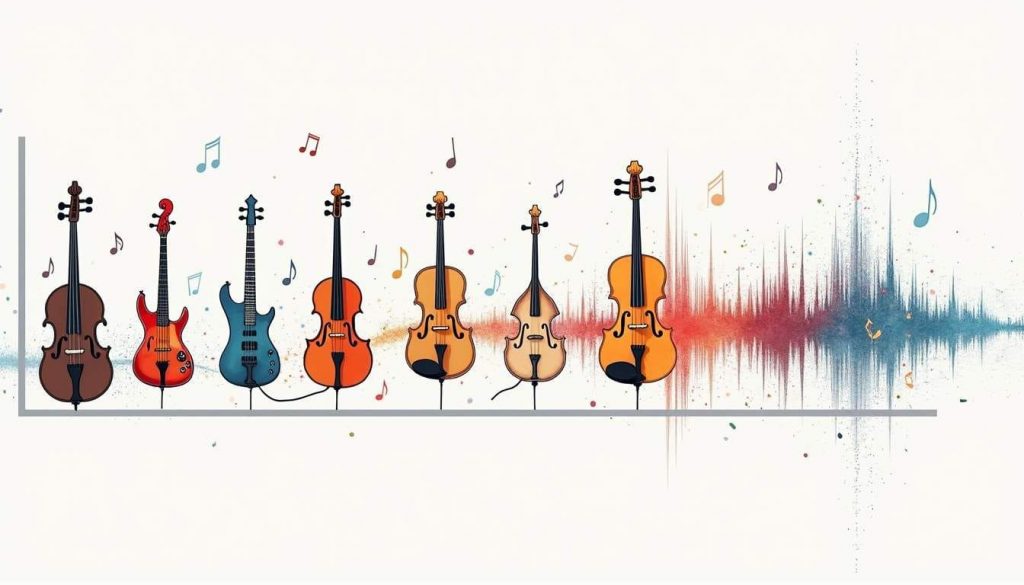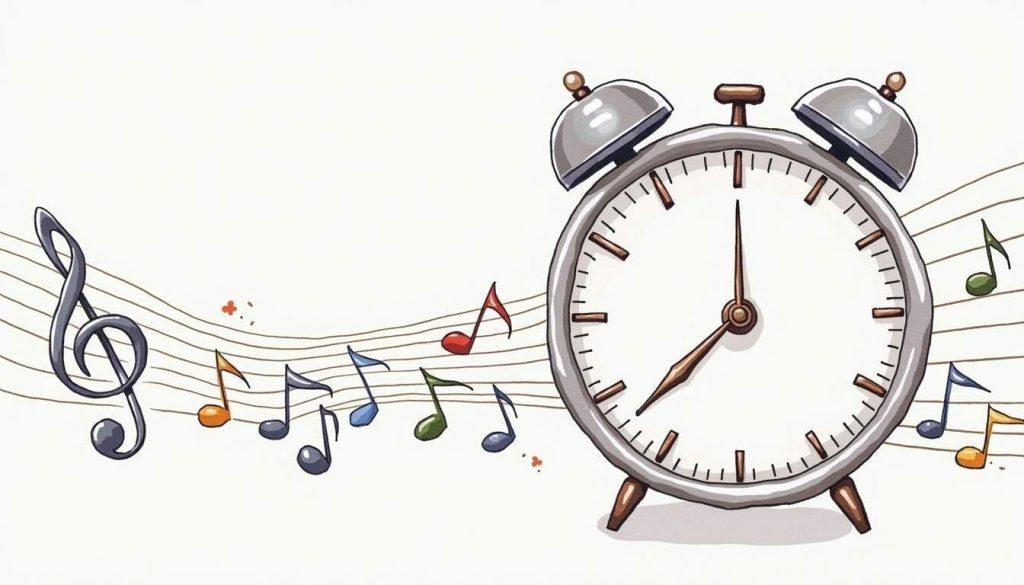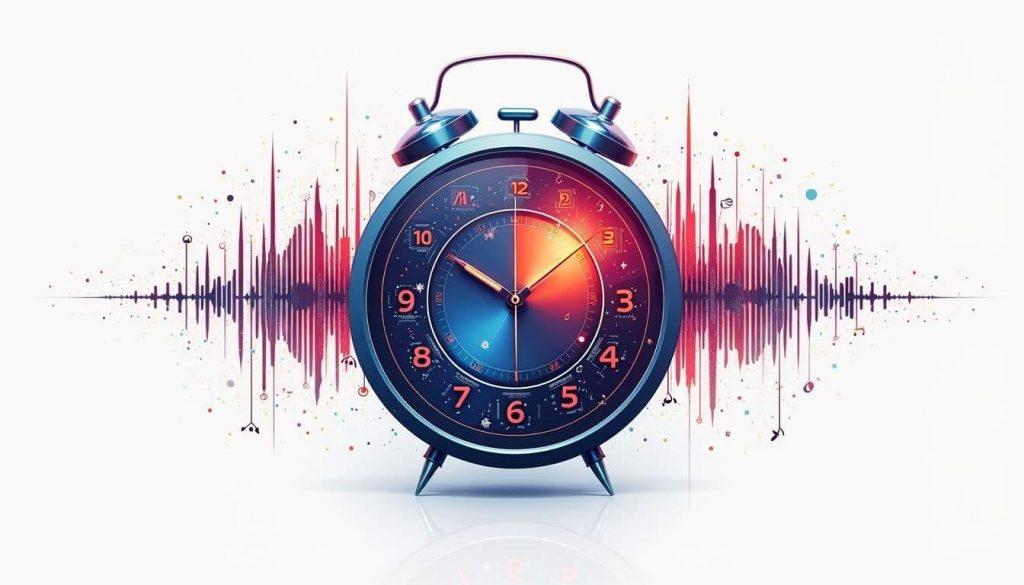In the dynamic world of video game development, music plays a crucial role in enhancing the gaming experience. As the industry continues to grow, so does the demand for talented game composers. Understanding the hourly rates and expectations for game composers is essential for both aspiring musicians and game developers looking to hire the right talent. The intersection of creativity and technology in this field not only shapes the soundscapes of games but also influences the emotional engagement of players, making it a vital component of game design.
The Evolution of Game Music
The journey of game music has been nothing short of remarkable. From the simple beeps and boops of early arcade games to the orchestral scores of today, the evolution of game music mirrors the technological advancements in the gaming industry. This transformation has not only changed how music is created but also how it is perceived by players, with soundtracks now often being celebrated as standalone works of art.

Early Beginnings
In the early days of gaming, composers worked with limited technology. The music was often composed using basic sound chips, resulting in simple, repetitive tunes. Despite these limitations, composers like Koji Kondo and Nobuo Uematsu laid the groundwork for what game music could become. Their innovative approaches to melody and harmony created memorable themes that resonated with players, establishing a legacy that continues to influence composers today. The simplicity of early game music, while constrained by technology, fostered a unique creativity that pushed composers to maximize the emotional impact of their limited resources. This era also saw the birth of iconic soundtracks that are still celebrated, such as the themes from “Super Mario Bros.” and “Final Fantasy,” which have become cultural touchstones in the gaming community.
The Rise of Digital Audio
As technology advanced, so did the capabilities of game music. The introduction of digital audio allowed composers to create more complex and immersive soundtracks. This shift not only enhanced the gaming experience but also increased the demand for skilled composers. With the advent of MIDI technology and digital audio workstations (DAWs), composers could now manipulate sound in ways that were previously unimaginable. This era marked the transition from chiptunes to fully orchestrated scores, allowing for a richer auditory experience that could evoke a wider range of emotions. The ability to incorporate live instruments and collaborate with orchestras further elevated the quality of game music, leading to soundtracks that rival those of major film productions. As a result, game music began to gain recognition as a legitimate art form, with awards and accolades being established to honor outstanding compositions.
Current Industry Standards
Today, game composers are expected to deliver high-quality, immersive soundtracks that enhance the gaming experience. With this increased demand comes a wide range of hourly rates, influenced by various factors. The landscape of game music has become increasingly competitive, with a growing number of talented composers entering the field. This competition has led to a diversification of styles and genres within game music, as composers experiment with different sounds and techniques to stand out. Additionally, the rise of indie game development has created new opportunities for composers to showcase their work, often leading to innovative collaborations that push the boundaries of traditional game music.
Factors Influencing Rates
Several factors influence the hourly rates of game composers. Experience, reputation, and the complexity of the project all play a role in determining a composer’s rate. Additionally, the budget of the game development studio can also impact what they are willing to pay. For instance, a well-established composer with a portfolio of successful projects may command a premium rate, reflecting their expertise and the value they bring to a project. Conversely, emerging composers may need to offer competitive rates to attract clients and build their reputations. Other factors that can influence rates include the scope of the project, the timeline for delivery, and the specific requirements of the game, such as the need for adaptive or interactive music. Composers may also negotiate rates based on the potential for royalties or revenue sharing, particularly in cases where their music is integral to the game’s success.
Average Hourly Rates
On average, game composers can expect to earn between $30 to $150 per hour. However, this range can vary significantly based on the factors mentioned earlier. Established composers with a strong portfolio may command higher rates, while newcomers might start on the lower end of the spectrum. In some cases, top-tier composers who have worked on blockbuster titles can charge upwards of $200 per hour, reflecting their experience and the high demand for their services. Additionally, the rise of freelance platforms has created new avenues for composers to find work, often leading to a wider range of rates based on the specific needs of clients. As the industry continues to evolve, it is essential for composers to stay informed about market trends and adjust their rates accordingly to remain competitive.
Expectations and Deliverables
Beyond just composing music, game composers are often expected to deliver a range of services. Understanding these expectations is crucial for both composers and game developers. The role of a game composer has expanded significantly, with many composers now taking on additional responsibilities that go beyond traditional composition. This includes project management, where composers must coordinate with various stakeholders, including sound designers, developers, and marketing teams, to ensure that the music aligns with the overall vision of the game. Furthermore, composers are often required to adapt their work based on feedback from playtesting sessions, necessitating a flexible approach to composition that can accommodate changes in gameplay or narrative direction.

Composing and Arranging
The primary role of a game composer is to create original music that aligns with the game’s theme and enhances the player’s experience. This involves composing, arranging, and sometimes orchestrating the music to fit the game’s narrative. Composers must also consider the emotional arc of the game, crafting themes that evolve alongside the player’s journey. This requires a deep understanding of storytelling and character development, as the music must reflect the highs and lows of the gameplay experience. Additionally, composers often create variations of themes to be used in different contexts within the game, ensuring that the music remains fresh and engaging throughout the player’s experience. The ability to create adaptive music that responds to player actions is becoming increasingly important, as it allows for a more immersive experience that can heighten emotional engagement.
Sound Design
In addition to composing, many game composers are also involved in sound design. This includes creating sound effects and ambient sounds that complement the music and enhance the overall gaming experience. Sound design plays a critical role in establishing the atmosphere of a game, and composers must work closely with sound designers to ensure that the audio elements are cohesive. This collaboration often involves experimenting with different soundscapes, layering sounds, and utilizing various audio techniques to create a rich auditory environment. Composers may also be tasked with implementing audio into the game engine, requiring a basic understanding of programming and audio middleware. This technical knowledge allows composers to ensure that their music and sound effects are integrated seamlessly into the gameplay, enhancing the overall player experience.
Collaboration with Developers
Successful game composers often work closely with game developers to ensure that the music aligns with the game’s vision. This collaboration involves regular communication and feedback sessions to refine the music and ensure it meets the project’s needs. Composers must be adaptable and open to feedback, as the iterative nature of game development often leads to changes in direction. Building strong relationships with developers is essential, as it fosters a collaborative environment where ideas can be freely exchanged. Additionally, composers may participate in brainstorming sessions to develop concepts for the game’s music, allowing them to contribute creatively to the overall design process. This level of collaboration not only enhances the quality of the music but also ensures that it is fully integrated into the gameplay, creating a more cohesive experience for players.
The Future of Game Music
As the gaming industry continues to evolve, so too will the role of game composers. Emerging technologies and trends are shaping the future of game music, offering new opportunities and challenges for composers. The landscape of game music is rapidly changing, with advancements in technology paving the way for innovative approaches to composition and sound design. As the demand for high-quality audio continues to grow, composers must stay ahead of the curve by embracing new tools and techniques that can enhance their work. This includes exploring the potential of artificial intelligence in music composition, which is beginning to play a role in generating adaptive soundtracks that respond to player behavior.

Interactive Music
One of the most exciting developments in game music is the rise of interactive music. This technology allows music to change dynamically based on the player’s actions, creating a more immersive and personalized experience. Interactive music systems can respond to gameplay elements such as player choices, environmental changes, and even the emotional state of characters, resulting in a soundtrack that evolves in real-time. Composers must now think critically about how their music can adapt to various scenarios, requiring a deeper understanding of both composition and game mechanics. This shift towards interactivity not only enhances player engagement but also challenges composers to push the boundaries of traditional music composition, leading to innovative and unique soundscapes that can redefine the gaming experience.
Virtual Reality and Augmented Reality
The advent of virtual reality (VR) and augmented reality (AR) is opening new doors for game composers. These technologies require composers to think differently about how music interacts with the player’s environment, offering new creative possibilities. In VR, the spatialization of sound becomes crucial, as composers must consider how music is perceived from different angles and distances. This immersive experience allows for a more profound connection between the player and the game world, as sound can be used to guide players, create tension, or evoke emotions. Similarly, AR presents unique challenges and opportunities, as composers must create music that seamlessly integrates with the real world while enhancing the gameplay experience. The potential for location-based soundscapes and interactive audio experiences in these mediums is vast, and composers who can navigate these new frontiers will be at the forefront of the industry.
Global Collaboration
With the rise of remote work and digital collaboration tools, game composers now have the opportunity to work with developers from around the world. This global collaboration is leading to more diverse and innovative soundtracks, as composers draw inspiration from different cultures and musical traditions. The ability to collaborate across borders allows for a fusion of styles, resulting in unique soundscapes that reflect a broader range of influences. Composers can now easily connect with musicians, vocalists, and sound designers from various backgrounds, enriching their compositions with new perspectives and ideas. This cultural exchange not only enhances the quality of the music but also fosters a sense of community within the industry, as composers share their experiences and learn from one another. As the gaming industry becomes increasingly globalized, the importance of cultural sensitivity and awareness in music composition will continue to grow, shaping the future of game music.
Conclusion
The world of game music is as exciting as it is challenging. For composers, understanding industry standards and expectations is key to navigating this dynamic field. For game developers, recognizing the value of a skilled composer can significantly enhance the gaming experience. As the industry continues to grow, the role of game composers will undoubtedly become even more integral to the success of video games. The future of game music is bright, with endless possibilities for innovation and creativity. As technology continues to evolve, composers will have the opportunity to explore new frontiers, pushing the boundaries of what is possible in game audio. The collaboration between composers and developers will be essential in shaping the next generation of gaming experiences, ensuring that music remains a vital component of the storytelling process. Ultimately, the journey of game music is a testament to the power of creativity and collaboration, and its impact on the gaming industry will continue to resonate for years to come.
Connect with Top Game Composers on Twine
Elevate your game’s soundtrack with a skilled composer who understands the art of creating immersive, emotionally engaging music. A talented composer can bring your vision to life, enhancing the storytelling and player experience in your game. Twine connects you with talented freelance game composers who are ready to collaborate and bring their expertise to your project. Post your project for free today.



